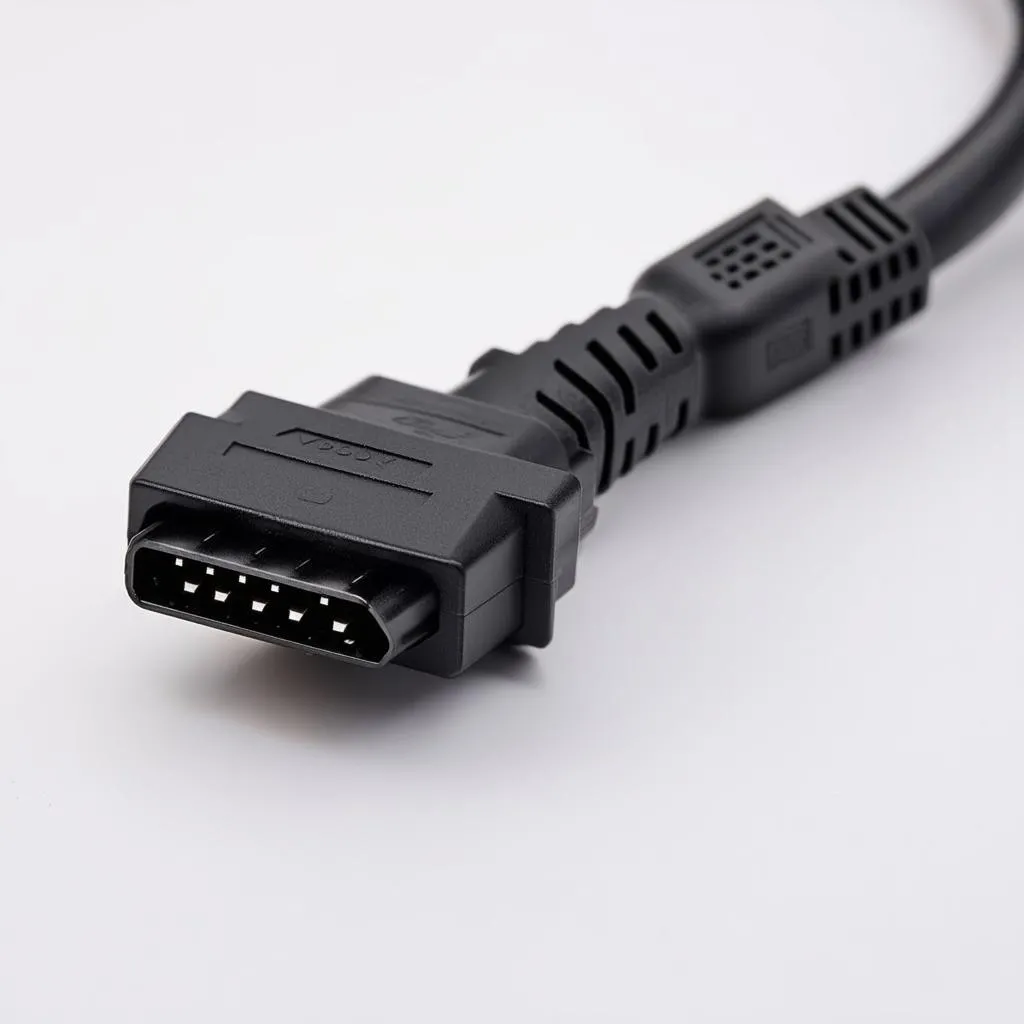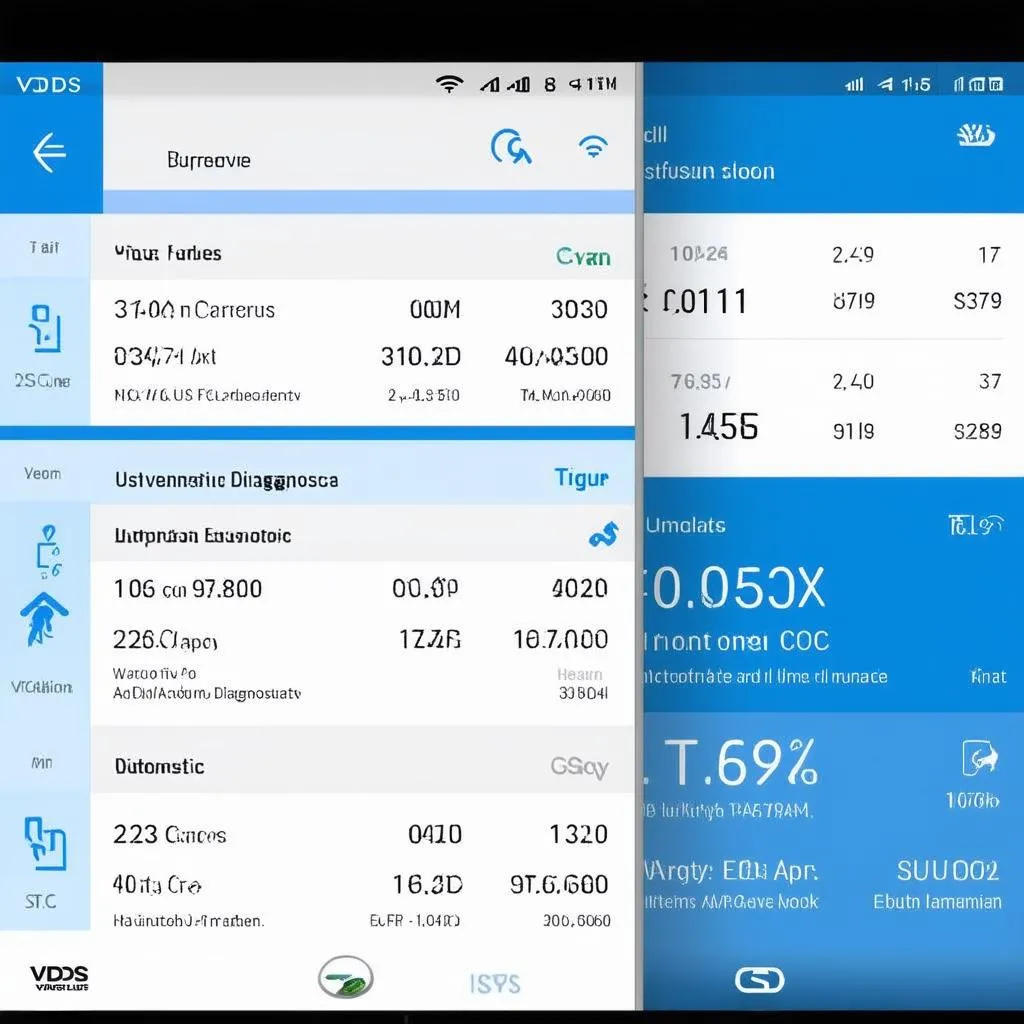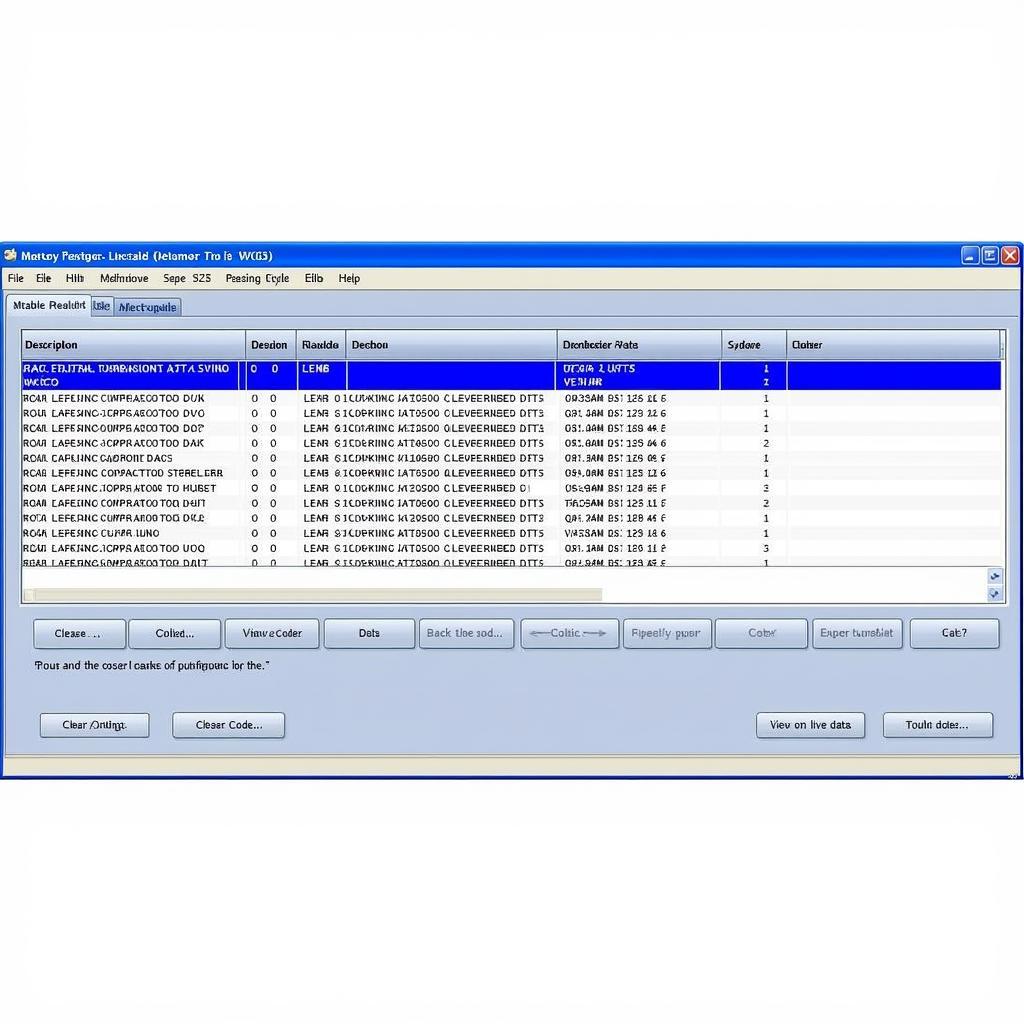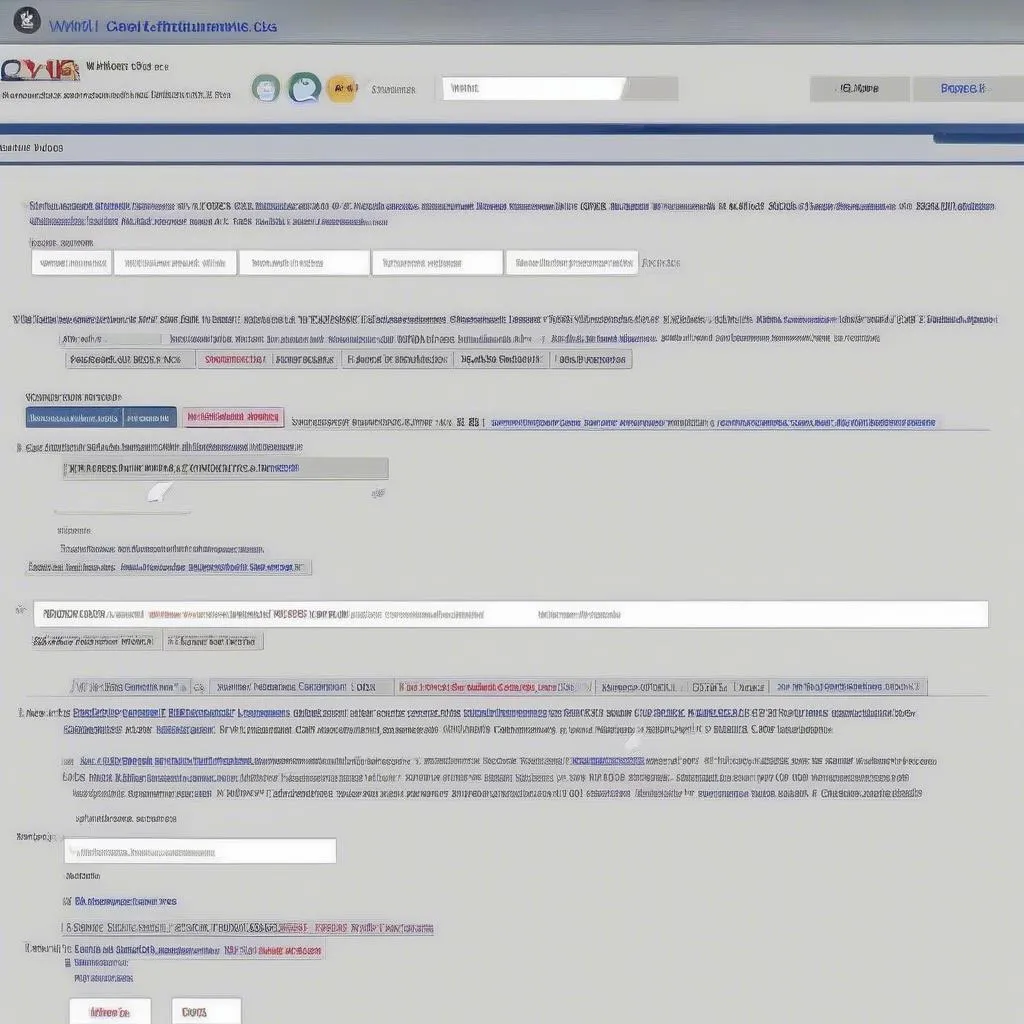The world of automotive diagnostics is changing rapidly, and at the forefront of this revolution is the desire for wireless connectivity. For owners of vehicles in the Volkswagen Audi Group (VAG) family, VCDS (VAG-COM Diagnostic System) has long been the go-to software for in-depth diagnostics and coding. But the question on many minds is: can you get VCDS with Bluetooth, and how does it impact your diagnostic experience?
Understanding VCDS and its Capabilities
Before we delve into the realm of Bluetooth connectivity, let’s establish a clear understanding of VCDS. This powerful software allows you to communicate directly with your vehicle’s control modules, providing access to:
- Reading and Clearing Fault Codes: Identify and resolve issues by accessing the error codes stored in your car’s computer.
- Live Data Monitoring: Observe real-time sensor readings to analyze performance and pinpoint problems.
- Coding and Adaptations: Customize your car’s settings and unlock hidden features to tailor it to your preferences.
VCDS achieves this through a specialized interface cable that connects your computer’s USB port to the vehicle’s OBD-II port.
 VCDS Interface Cable
VCDS Interface Cable
Exploring the Demand for VCDS Bluetooth
The desire for a wireless VCDS experience stems from the inherent convenience and flexibility it offers. Imagine:
- Freedom from Cables: Move around the vehicle freely while performing diagnostics, without the constraint of a physical cable.
- Remote Diagnostics: Potentially, assist a friend or family member with their VAG vehicle remotely by connecting to their Bluetooth-enabled interface.
This demand has led to the emergence of various third-party Bluetooth OBD-II adapters marketed for use with VCDS. However, there’s a crucial aspect to consider.
The Reality of VCDS Bluetooth Compatibility
While the allure of VCDS Bluetooth is undeniable, the reality is a bit more nuanced. Here’s the key takeaway: Officially, VCDS does not inherently support Bluetooth connectivity.
The software is designed to function with its dedicated interface cables, which ensure reliable communication and data integrity. Using third-party Bluetooth adapters introduces a potential point of failure. Issues like:
- Connection Stability: Intermittent connectivity can disrupt diagnostic sessions and lead to inaccurate readings.
- Data Transfer Speed: Bluetooth might not match the speed of a wired connection, potentially slowing down data-intensive operations.
- Compatibility Issues: Not all Bluetooth adapters are created equal, and some might not work seamlessly with VCDS or specific vehicle modules.
“It’s crucial to remember that when it comes to vehicle diagnostics, accuracy and reliability are paramount,” emphasizes automotive electronics expert Dr. Susan Miller, author of “Modern Automotive Systems Explained.” “Introducing an untested element into the equation can compromise the integrity of your diagnostic process.”
What Are the Alternatives?
While native Bluetooth support might not be available, you can still explore alternatives for a more flexible VCDS experience:
- Longer USB Cables: If cable length is a concern, using a high-quality, extended USB cable can provide greater freedom of movement.
- VCDS Mobile: This official app from Ross-Tech offers limited functionality compared to the full VCDS software but provides a wireless option using a dedicated Wi-Fi adapter. You can learn more about VCDS Mobile and how it utilizes Wi-Fi connectivity in our article, “Does VCDS Mobile Use Bluetooth?”
 VCDS Mobile App
VCDS Mobile App
Frequently Asked Questions about VCDS Bluetooth
Q: Can I use any Bluetooth OBD-II adapter with VCDS?
A: Officially, VCDS does not support Bluetooth adapters. Using third-party adapters is at your own risk and might lead to connectivity issues or inaccurate data.
Q: Does Ross-Tech plan to release an official VCDS Bluetooth solution?
A: As of now, there’s no official announcement from Ross-Tech regarding native Bluetooth support for VCDS.
Q: I’m experiencing problems using a Bluetooth adapter with VCDS. What should I do?
A: If you encounter issues, the most reliable solution is to revert to a genuine VCDS interface cable.
Conclusion
While a VCDS Bluetooth solution might seem appealing, it’s essential to prioritize a reliable and stable connection for accurate diagnostics. Explore alternative options like VCDS Mobile or extended USB cables to enhance your experience. Remember, when it comes to your vehicle’s health, informed decisions lead to the best outcomes.
For more insights into VAG vehicle diagnostics and a range of professional-grade tools, connect with us at CARDIAGTECH. We’re here to empower you with the knowledge and equipment you need for a seamless automotive experience.


